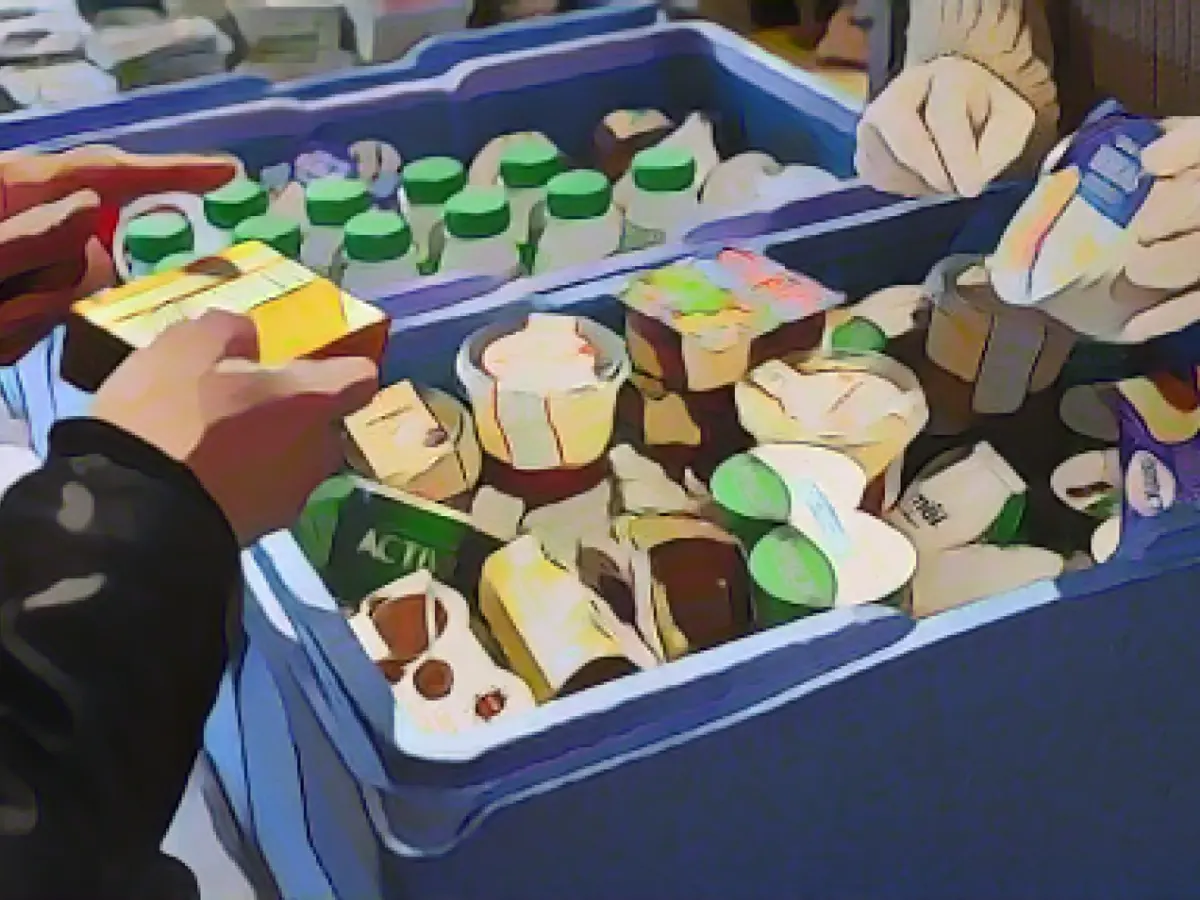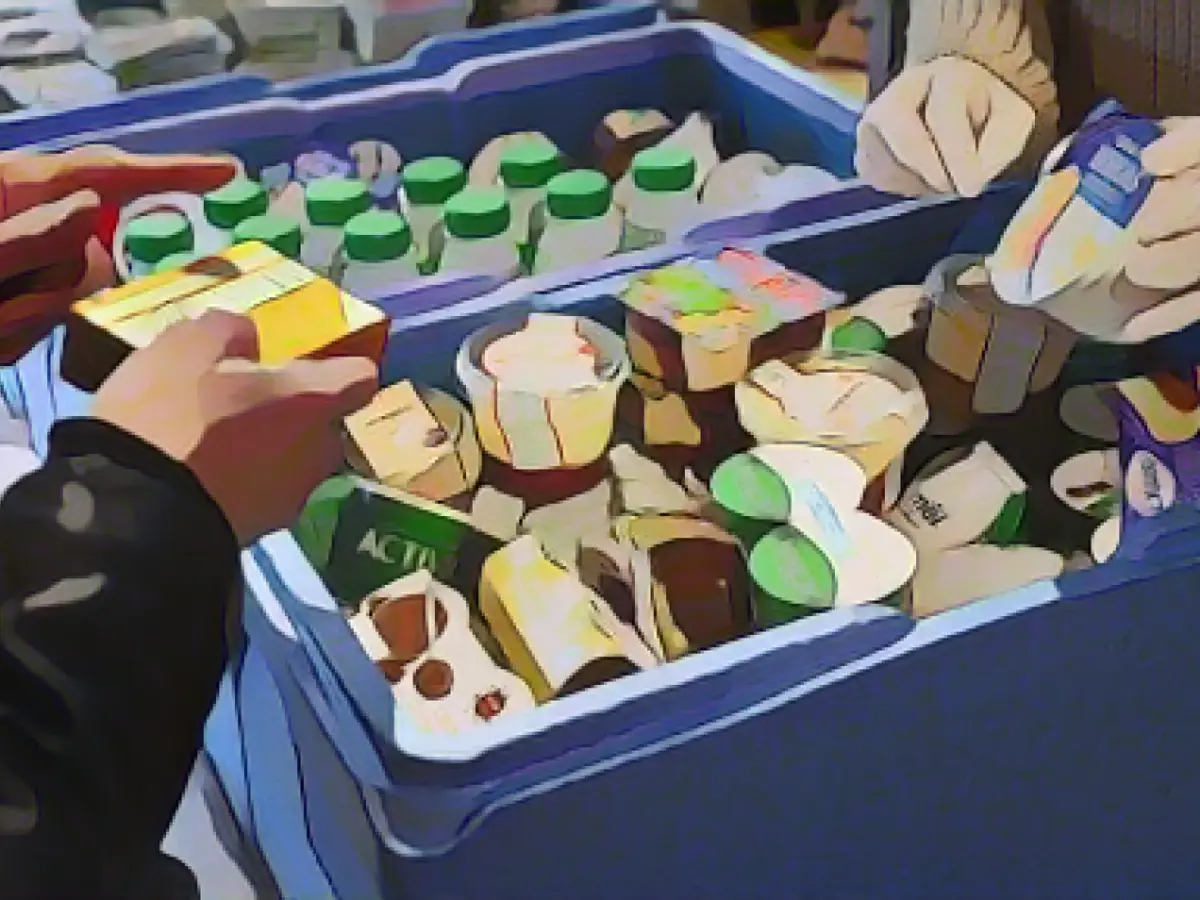Latest food bank predicament in major German cities
In recent years, food banks in Germany have been under immense pressure. The situation has been exacerbated by various factors such as the Syria war, the coronavirus pandemic, and the Ukrainian conflict. Andreas Steppuhn, the chairman of Tafel Deutschland, a leading food bank association, revealed the gravity of the crisis to German Press Agency. The figure he presented was astounding - a persistent state of emergency.
Poverty on the rise
Steppuhn added that poverty levels in Germany are increasing, with food banks providing support to up to two million people nationwide. The uptick in food bank customers since the Ukraine war's onset is substantial, averaging a 50% rise. The rise in demand for food banks' services is particularly noticeable in major cities.
Inflation and shame as obstacles
High inflation has emerged as a double-edged sword - a burden for both the public and food banks themselves. Customers who visit food banks are often ashamed, opting for discretion when lining up for handouts. The customers Steppuhn and his team serve are genuinely in need, weighing their options carefully before approaching a food bank.
Implications of waste reduction
Reducing food waste has gained traction in Germany, yet it carries significant consequences for food banks. This development means fewer food donations but more customers. Specifically, low-shelf-life items like rice and pasta, less frequently donated due to expiration dates, enjoy high demand at food banks.
Deep-rooted roots and the need for aid
The first German food bank was set up in Berlin 30 years ago, and a considerable force of 60,000 volunteers, mostly unpaid, now drive efforts across the country. Steppuhn expresses a dire need for more helpers, as existing staff are constantly strained. The human factor and volunteers' challenges can't be understated.
Government's role in combating poverty
The TV lottery's financial support to Tafel Deutschland at the start of the year served as a significant boost to many food banks. While Steppuhn appreciates this solidarity, he deems the root of the problem to be ineffective poverty reduction policies, exemplifying the limitations of food banks' role. He calls upon politicians to tackle poverty head-on, stating that food banks should not bear the burden entirely.
Michaela Engelmeier, the chairwoman of the German Social Association, seconds Steppuhn's call for better poverty alleviation strategies, including a minimum wage of 15 euros. Her stance indicates that food banks may not be the only answer to poverty reduction in Germany.
Enrichment Data:
By employing a multifaceted approach that tackles underlying issues, Germany can alleviate food bank pressure while effectively combatting poverty:
- Social initiatives: Addressing the source of poverty by introducing higher minimum wages, family policy reforms, and tax-free allowances for single parents.
- Food security: Implementing or expanding food assistance programs and developing partnerships with food banks and charities to boost donations and reduce waste.
- Inflation mitigation: Employing price stability measures and inflation-indexed benefits to protect vulnerable populations from the impact of inflation.
- Economic development: Investing in education, job training, and immigration policies to foster long-term skills development and reduce poverty risk.
- Supply chain stability: Encouraging supply chain diversification and sustainable agricultural practices to maintain food security and combat climate change.
By implementing these strategies, Germany can drastically reduce poverty and alleviate the burden on food banks, ensuring food security for millions of its citizens.







